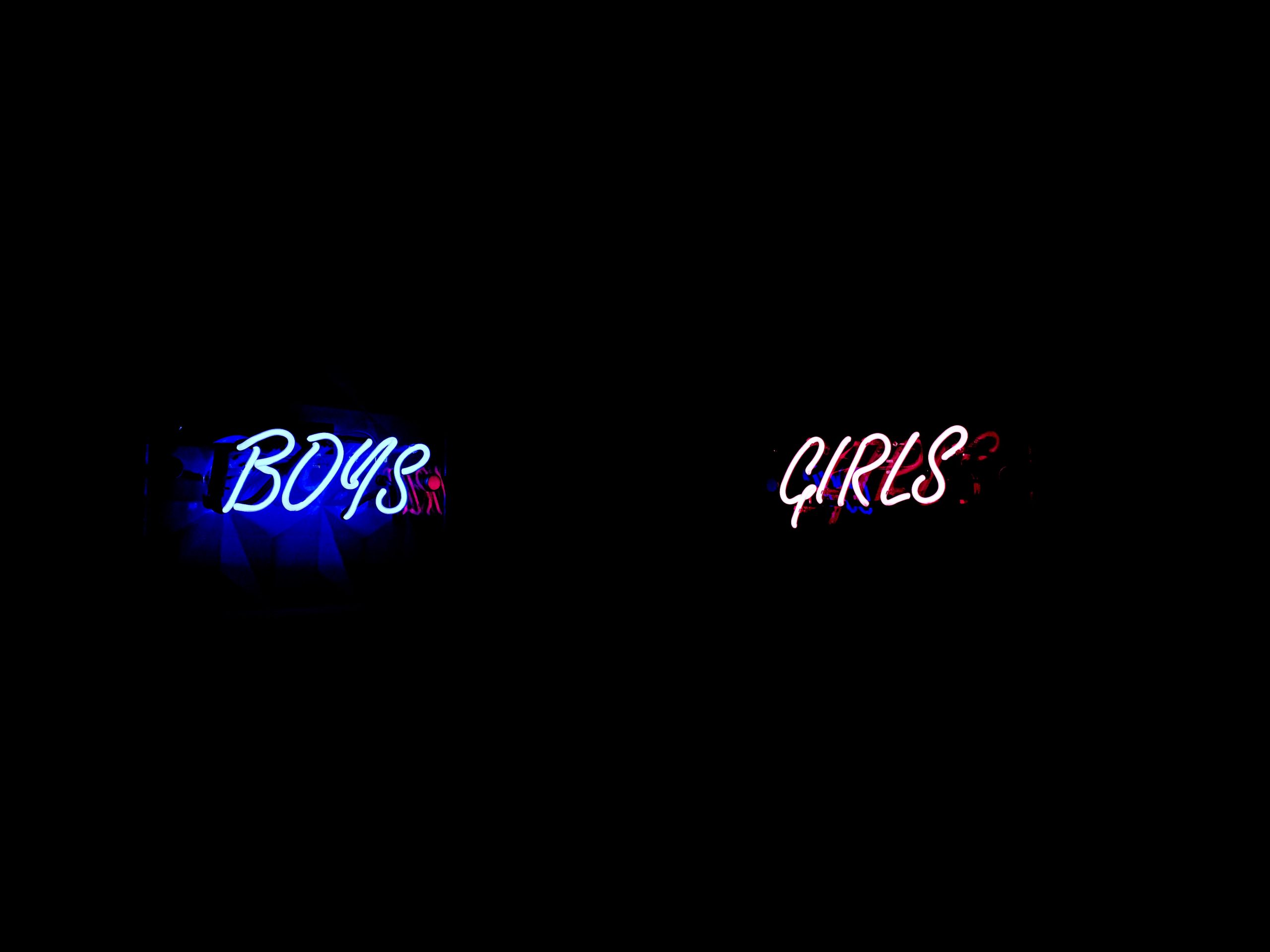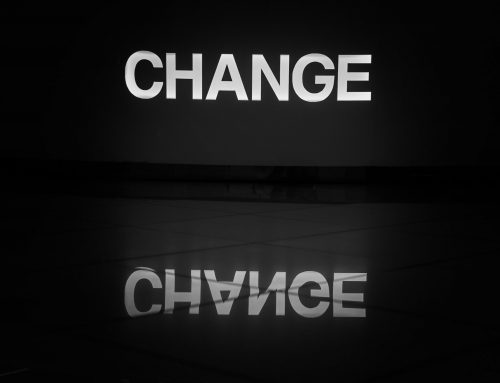How and why female and male principles, according to Carl Jung, are equally important for employees and organizations.
By Rena Kalogianni
In the classic version of psychology by Carl Jung (1875-1961, (Swiss psychiatrist and psychoanalyst, lecturer at the School of Analytical Psychology), there are masculine and feminine principles in every human being. In every woman there are the masculine principles or otherwise the inner soul of the man (animus = mind in Latin) and in every man there is the inner soul of the woman (anima = soul in Latin).
For Jung, anima and animus are separate subconscious concepts within the soul, in other words, we are not talking about gender but about psychological principles. Both sexes have both masculine and feminine qualities and this has NOT to do with our conscious identity or sexual orientation.
Recognizing the existence, partial or complete lack of these elements in ourselves, in our teams and in organizations plays an important role as it can offer a more comprehensive and harmonious way of approaching the challenges we face.
But what are the female and male principles, according to Jung?
Feminine principles: Caring, patience, intuition, deep inner thinking, introspection, imagination, strong emotions, creation, processing, compassion are qualities that are incorporated into the feminine principle. It is the feeling of Being, TO BE. To exist. To feel. To have a deep relationship with myself.
Male principles: what has to do with precision and time, ideas, order, organization, priorities at work, self-discipline, boundaries, logic, spirit, ability to act with intuitive impulse or creative thinking , leadership – are all qualities that are integrated into Animus. Or else, the feeling of DOING. I am doing. Performing. Succeeding. The complete animus leads a woman into the world of spirit, power and might. But when she overpossesses it, he can become sovereign, egocentric and authoritarian.
Each of us has characteristics from both principles. A woman, as a woman has feminine principles and animus elements and a man has masculine principles and feminine principles – anima. To what extent, however, these principles are developed in each of us, depends on various factors (family, work, social imperatives, etc.) that can be identified through a self-cognitive process.
In order to achieve greater inner balance and harmony, it is important to recognize, embrace and connect with this latent element of our character. For example, on the occasion of the recent celebration of Women’s Day, we, women in business, with multiple life roles and conflicting dynamics, how much space have we left in the development of our female principles? How much do we follow BEING vs. DOING and what effect can this have even on our interpersonal relationships? Have we forgotten our equally important female principles in the pursuit of goals and the tick-the-box mindset?
And, regardless of gender, let us now turn the lens from ourselves, to our groups. Think of issues we often encounter in organizations, in parallel with the male and female principles (doing vs. being). There are times when we think a lot and have very nice ideas but we do not manage to put anything substantial into implementation or we work hard and run behind timelines kai tasks resulting in losing the big picture and ultimately never being happy. It happens that we have a group of very capable people, who at the same time feel demotivated due to teleworking and have lost the connection between them, or we may have a group that has great difficulty coordinating with deadlines and doing proper and timely reporting. These are everyday issues that everyone, more or less, may have encountered and tried to resolve, but we see them recurring. Because that is exactly where we need to identify this male or female principle that is malfunctioning and to “feed” it properly. For example, in a team that is demotivated, do we keep standing at DOING and putting tasks and deadlines, saying ” this is for everyone, what can we do now” or should we really stand by the team for a while, take care of it, listen to it and to understand it in what can alleviate its mental fatigue? (= female principle, BEING).
As people managers, observing people in this light can play an important role in what characteristics they can develop, which will assist in both their personal and professional development. But it can also play an important role in the coupling of effective teams, which will harmoniously combine male and female principles. (regardless of whether they are men or women).
The combination of these two elements that everyone has, anima and animus, doing and being, can lead to wonderful creations and projects. With the anima voice saying full of enthusiasm “yes, of course let’s do it, it’s such a nice idea” and the animus voice answering “yes, I know exactly how to do it”. So on the one hand we need the instinct, the enthusiasm, the process, the motivation and on the other hand, in order not to leave something “on paper”, the plan, the goals, the execution, the report are necessary. And then elements of the female authority are necessary again, to include and guide the team carefully in achieving the goals.
I could close this article by following my powerful animus, with tips and tricks for next steps. DOING. ACTING. NEXT STEPS = characteristics of Western civilization, which according to Jung are considered “animus possessed”. Of course there are next steps and coaching teams with these principles can bring wonderful results. However, I will choose to resist this urge and leave you to obseve yourselves and realize what holds true for you.
I will leave us at BEING.





